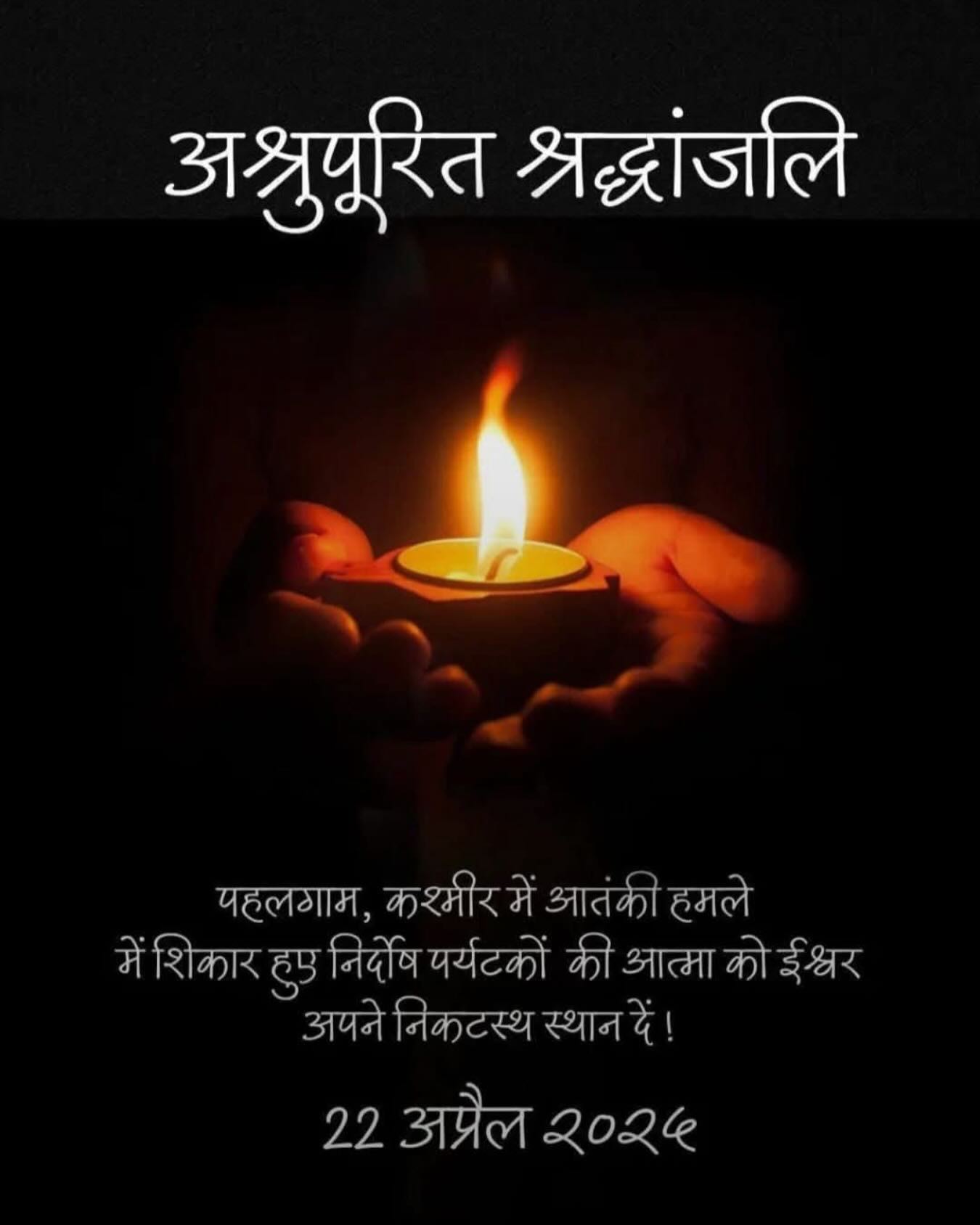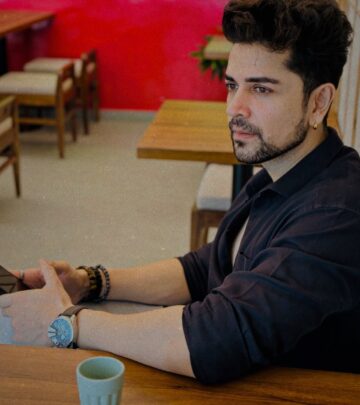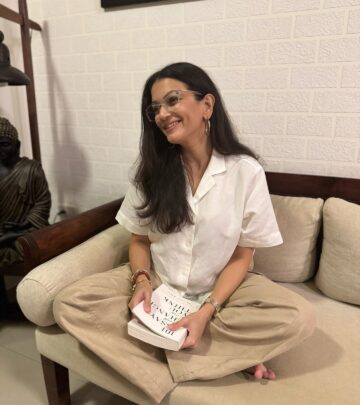Yashpal Sharma Pays Tribute to Pahalgam Attack Victims Through Poem, Criticizes Media Complicity
Veteran actor pays emotional tribute to Pahalgam terror attack victims through a heartfelt poem and calls for media accountability.

Image: Instagram
Veteran actor Yashpal Sharma has taken to Instagram to share a powerful and thought-provoking poem that addresses the terrorist attack in Pahalghām, Kashmir, while delivering a sharp critique of media silence and complicity during such tragic events. This comes in the wake of the devastating terror attack in Pahalgam, Jammu and Kashmir, which claimed the lives of 26 people, including tourists and locals, veteran actor Yashpal Sharma has paid a heartfelt tribute to the victims.
In the post titled ‘*तोता और पहलगाम*’ (Parrot and Pahalghām), Sharma shares a deeply metaphorical Hindi poem written by author Hitendra Sharma from Kumarsain, Shimla. The poem uses the metaphor of a parrot to symbolize media personalities and commentators who simply repeat what they’re told without critical thinking or questioning.
The poem specifically references the terrorist attack in Pahalghām, a popular tourist destination in Kashmir, questioning why there was a spray of bullets on a road where tourists come with hopes. It asks why children’s screams and bloodshed happened, and more pointedly, why certain media figures remained silent about this violent incident.
The poem reads in part: “Why on that road in Pahalghām, where tourists come with hopes, was there a shower of bullets? Why were there children’s screams and bloodstains? What celebration of thought is this? In which script was this murder written?”
Through the powerful imagery of a parrot that has moved from cages to TV channels, social media troll accounts, and forwarded messages, the poem criticizes how some media personalities fail to question or analyze events critically.
The poem characterizes these “parrot”-like media figures by noting, “They have no knowledge, they have no wisdom, they only have a script.” It criticizes how they either remain silent on terrorist attacks or dismiss them as “political issues” to avoid discussion.
Particularly striking is the poem’s observation that “A questioning-less public becomes the easiest prey,” drawing a parallel between the innocent victims in Pahalghām and a society that doesn’t demand answers from its media.
The poem concludes with a powerful call to readers to think critically and ask questions rather than simply expressing sorrow when reading about attacks: “So next time when you read about an attack, don’t just express sorrow, think once – why… and for whom?”
Through this poem share, Sharma joins the ranks of artists using their platform to raise awareness about critical social issues and question media responsibility during tragic events.
The post stands as a powerful reminder of the role of critical thinking in a media landscape that sometimes values repetition over reflection, particularly when addressing sensitive issues like terrorism and violence. Sharma’s heartfelt tribute to the victims of the Pahalgam attack serves as a poignant reminder of the human cost of terrorism. By also calling attention to the media’s role in shaping public perception, he urges for more responsible and sensitive reporting that fosters unity rather than division. His words resonate as a call for compassion, accountability, and a collective commitment to peace in the face of tragedy.
Read full bio of Cynthia Jean Daniel






